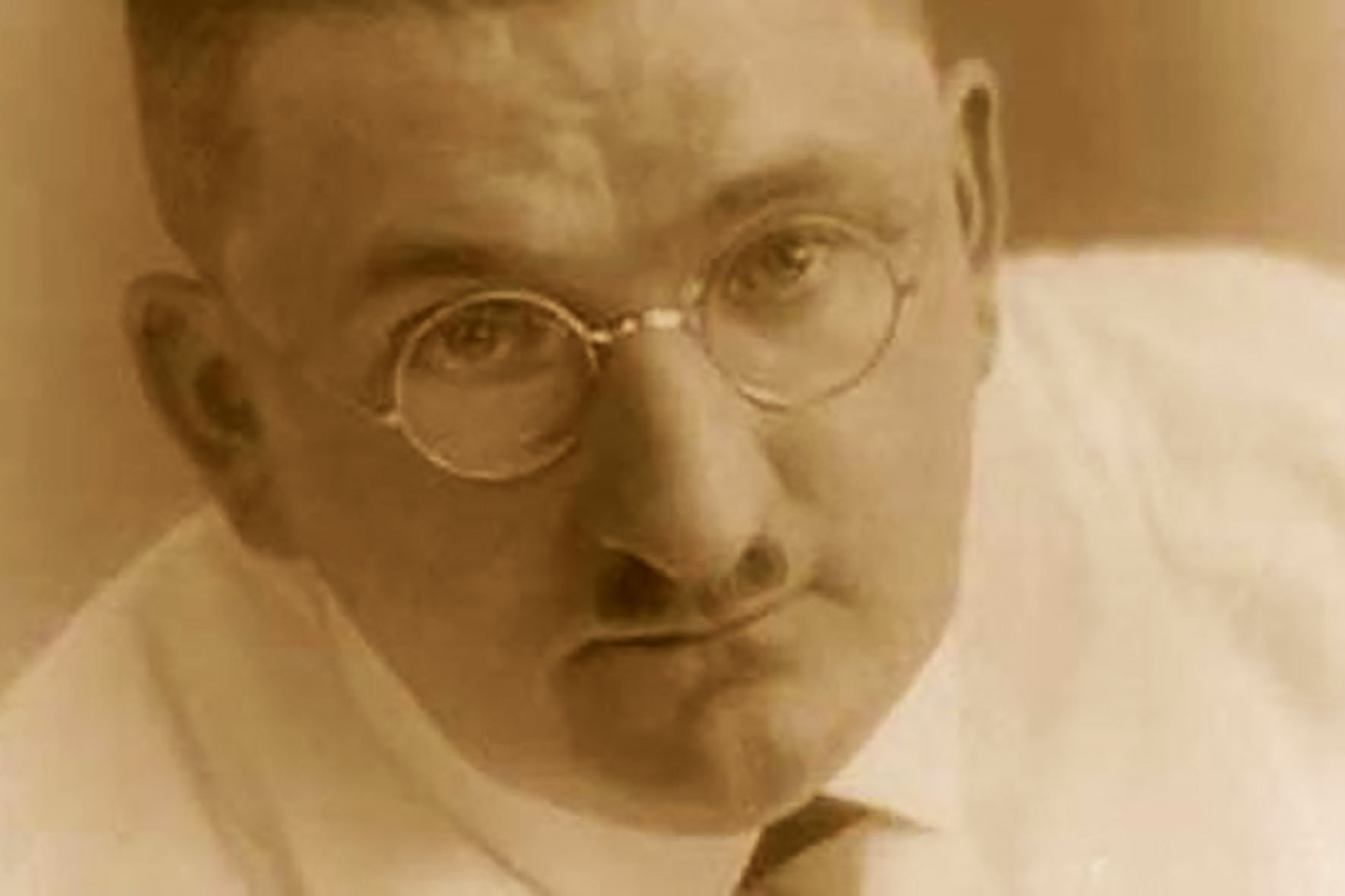GERMANY
The brave journalist, publisher of “Der gerade Weg”, a Catholic weekly in Munich, who met death in Dachau

He was killed on June 30 1934, in the concentration camp of Dachau, with a shot in hia head. The widow was sent bloodstained spectacles, as a last memory of her husband. His ashes were scattered, while funeral notices were banned, along with announcements in newspapers. Only the Tiroler Zeitungin Austria, informed of the death of Fritz Michael Gerlich, the brave journalist and publisher of “Der gerade Weg” (The RIght Way), the Catholic weekly of Munich that was read also in the home of Ratzinger (as mentioned by Benedict XVI in interview book “Light of the World”, edited by Peter Seewald) and was appreciated by the archbishop of Munich, Cardinal Michael Faulhaber. Christian martyrs of Nazism. On the anniversary of his death, the eightieth, a Catholic cultural association of the Bavarian capital inaugurated a bronze bust of the “widely forgotten” Gerlich, one of many Christian martyrs of Nazism. History can do justice and from the ashes of the time, year after year, emerge the figures of witnesses that retrieve the honour of a country: several dozen canonized German Catholics (priests and lay Catholics) were victims of persecution and deportation to concentration camps; the Orthodox have their own saint, Alex Schmorell (Saint Alexander of Munich), a youth of the White Rose movement; and if the Protestants adopted beatification, there is no doubt that Dietrich Bonhoeffer and Helmuth James von Moltke would be top of the list. An opponent of the regime. The case of Fritz Gerlich is inscribed in the album of “civil courage” that German historians are rediscovering without fears of sinking the scalpel in history’s ignominious events. A natural sciences and maths student in Munich, Gerlich, born in Szczecin in 1883 in a family of Calvinist traders, entered the field of journalism at a very young age. Initially nationalistic and anti-Marxist, with sympathies for the newborn Party of Adolf Hitler whose meetings he had personally attended, he distanced himself after the attempted putsch of 1923. Editor of the then most authoritative newspaper in Bavaria, “Muenchner Neueste Nachrichten”, he had become a strong opponent of Nazism, not only for political reasons but also for ethical and religious ones. A disquieting prophecy. In fact, he converted to Catholicism when he was almost 50, in 1931 (he was baptised by Cardinal Faulhaber), after having associated with and written a book on a clairvoyant, Therese Neumann. In those years, after having left the managing board of the daily under Nazi pressures, he founded a weekly magazine, “Illustrierte Sonntag”, eventually named “Der gerade Weg”, a thorn in the flesh of the regime, also owing to the number of copies sold (approximately one hundred thousand). Fearing the passivity of the faithful, he launched a warning claiming that the regime intended to “proclaim, in churches emptied of all crucifixes, the new religion of the myth of the purity of race”. He wrote: “National Socialism means enmity with neighbouring countries, dominion of violence, civil war, war of the people, lies, hatred, fratricide and danger without borders”. He denounced the “deviancy” of Hitler (whom he called “the madman”) “that will lead to barbarism”. Nazism was a “plague of the spirit”, “a degenerate Asian leadership policy” and “one of the greatest betrayals in German history”. However, Gerlich did not see the realization of his prophecy: “Nazism – he said – is doomed to collapse long before communism: its fate is to burst like a soap bubble, because no part of its program is inspired by the great currents of thought of ‘humanity”. “I shall not kill myself. I am Catholic”. He was perfectly aware of the risks he was running. He wrote: “We will be the first ones to be hanged when the days of ‘freedom’ of the German people will begin”. The regime did not forgive the sincerity of his judgement. On March 8 1933 “Der gerade Weg” was published for the last time. On the night of March 9 Gerlich was taken from his home, brought to a police station and tortured. Invited to commit suicide he replied: “I will not kill myself. I am Catholic”. He was deported to Dachau, along with hundreds of opponents, intellectuals, priests. He was killed at the end of June, in the carnage that followed the infamous “Night of the Long Knives,” when Hitler got rid of his internal and external opponents. Some are looking forward to the opening of a canonization process. Another lay Catholic, a journalist, as the Saint Nikolaus Gross.